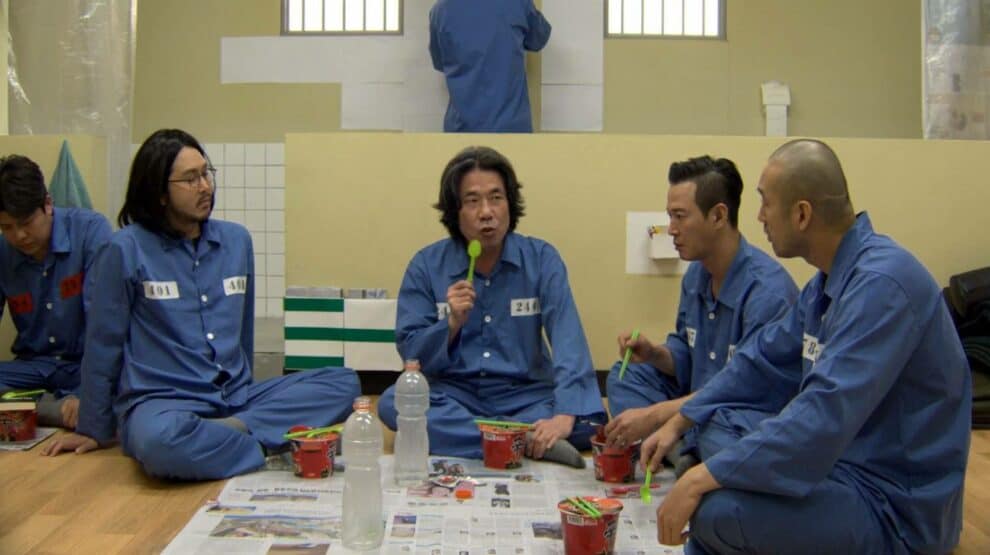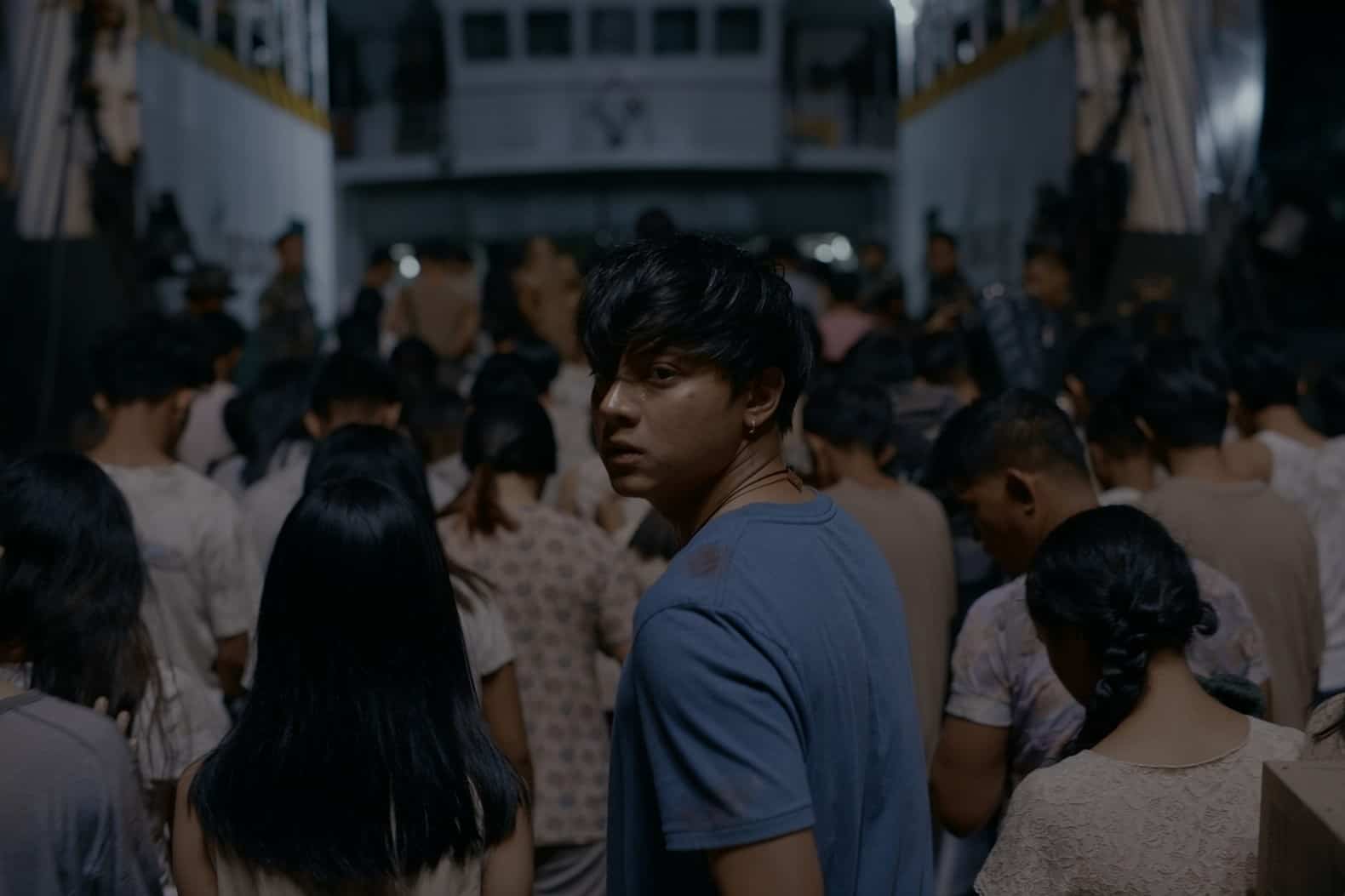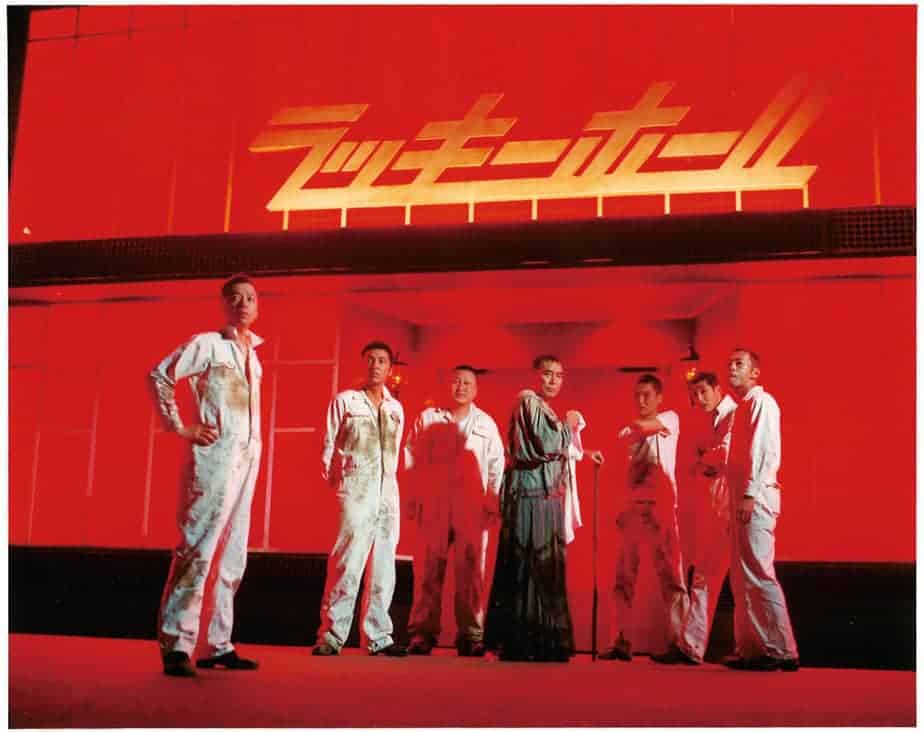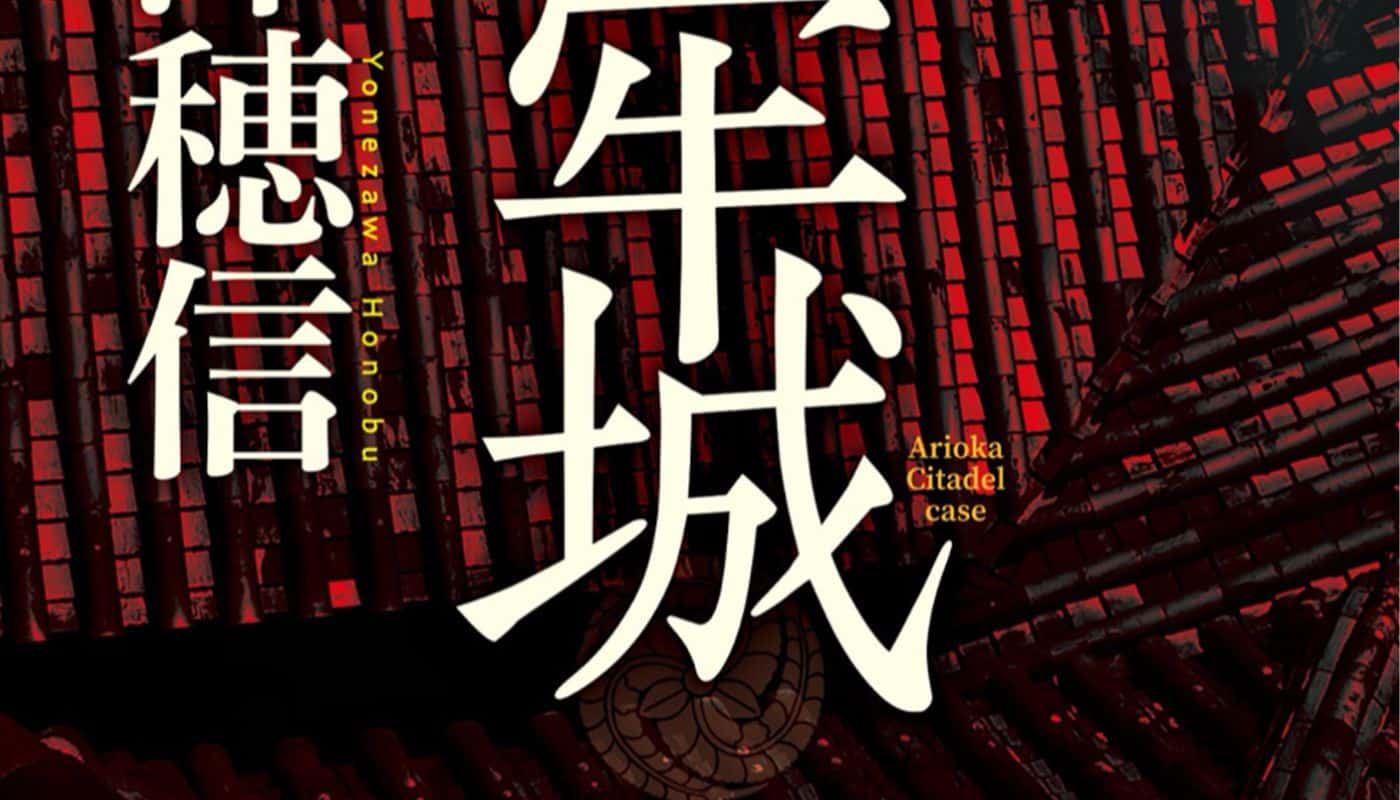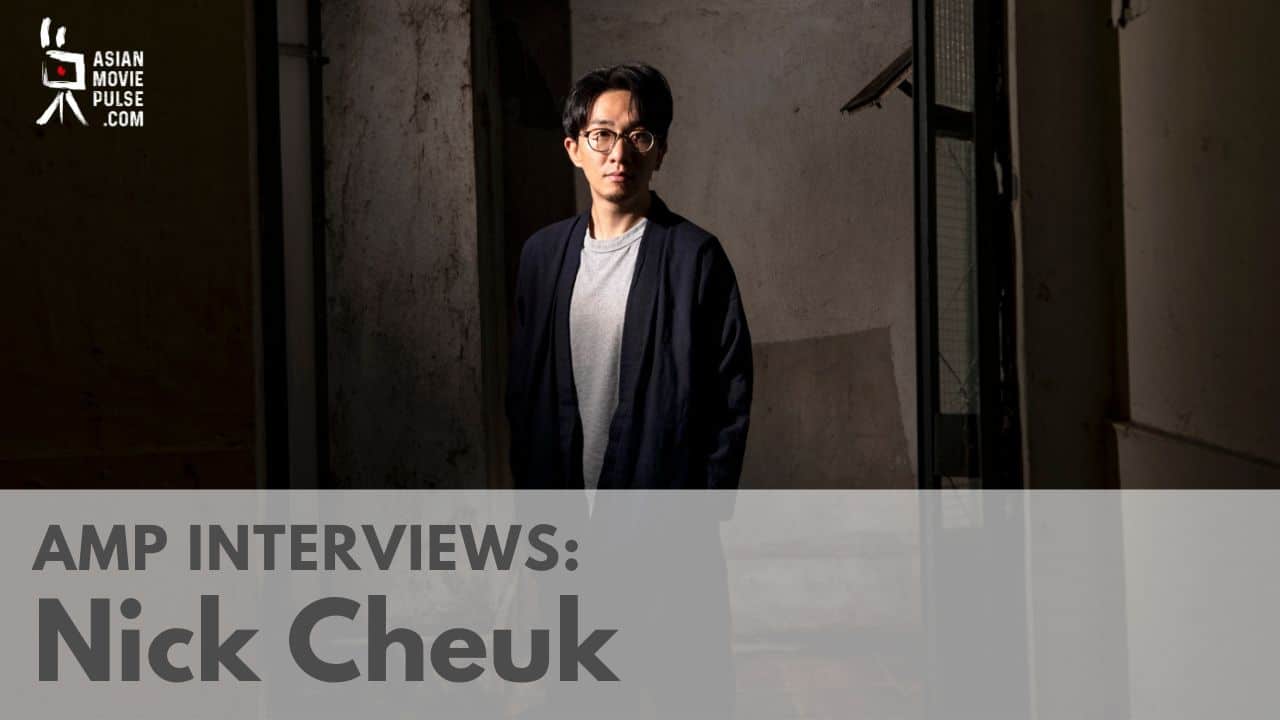Oh Dal-soo began his acting career in theater in Busan, and since 2001 has been the head of theater company Singiru Manhwagyeong (“Mirage and Kaleidoscope”). His rich experience on the stage, in local productions such as Ogu, later made Oh an in-demand supporting/character actor on the big screen, with him having appeared in a number of the most renowned films the country produced that last two decades, including “Old Boy”, ” A Bittersweet Life”, “The Host”, “The Thieves”, “Veteran” ” Along with the Gods” and many others. Following sexual harassment allegations in 2018, he withdraw from the industry for some years, before returning to acting in 2021 with the independent “The Blacklist” after the investigation concluded with him not being put in trial.
On the occasion of the release of “The Blacklist” by Echelon Studios, Oh Dal-soo answered some questions regarding his character in the movie, his cooperation with the director, choosing the particular role, acting in an independent production and other topics
“The Blacklist” is available from Echelon Studios

What were your thoughts about receiving the opportunity to be in the film, and the script of the movie?
When I first read the script, I thought that the story could be difficult, but the concept was novel and it sounded like it could be a fun movie. The limitations [involved in shooting] an independent movie could be advantageous. I thought, as a whole, the relationships between people in an enclosed space could be an interesting thing to work with.
How did you analyze the character “Shin”, and what parts did you focus on? In the script, he seems to be idealistic, but from the first scene of the film, Sin is definitely not portrayed as good.
It wasn't hard to capture the weird energy of a wild character. I simplified [the motions of] what would otherwise be a complex character. For example, I would show the character's silly side when solving a problem, or, when the scammer would talk of money, I would open my eyes wide in greed. These gestures made it easier for me to express the character.
What did you talk about with the director?
[We talked about] what the director was thinking about and how to fulfill what he wanted to see on-set. We talked a lot about my lines.
As the main character and senior actor, did you feel any pressure to guide others in the cast?
Check the review of the film
The film set of “Blacklist” doesn't allow hierarchy, because we're all in the same room. In an independent film, everyone has to work together to make the final product. I think I was more like a mood-maker instead.
I'm also curious about the actors' relationship with one another and would like to hear some stories from set.
The actors all got along pretty well. There wasn't a big age gap between us, so we exchanged stories and had a lot of fun. There were no particular episodes from set, but – since we were on-set together every week – we could comfort each other and keep the mood up during the shoot.
This film also points out the flaws in society. What did you want to portray through this story, as actor Oh Dal-su?
The director wanted to portray relational conflict in the movie. That's also something I feel when I watched the film after finishing production. I think it's up to the audience to judge the rest.
Shin subverts your usual role in films, that of the comic relief who has, though, a crucial role in the story.
When I choose a film to work on, I usually look at the entire story rather than a single character. Rather than having more or less confidence in acting specificities, I wanted to be sure that my character would play a significant-enough role in the story. I just do my best and lean into the role after that.
Were there any moments of healing or re-energization when you were filming “Blacklist”? (When I watched “Blacklist,” I was just reminded of the first time you acted, and noticed how you seemed to focus more on acting here than one would in a commercial blockbuster. I found this comforting.)
The less-experienced actors had a twinkle in their eyes. It reminded me of when I first started acting, and I think seeing them gave me a sense of healing as well.
You mentioned earlier that getting involved in an independent production for the first time in a while was “a meaningful time.” What do you mean by this?
I could focus on acting again. This situation was much more difficult than that of a typical independent film. It reminded me when I first started acting, and [this experience] made me think that I was starting something a-new as well.
What's the most appealing part of the film?
It's theatrical. Seeing human relations unfold in an enclosed space feels like pure theater.
Translation by Grace Han


